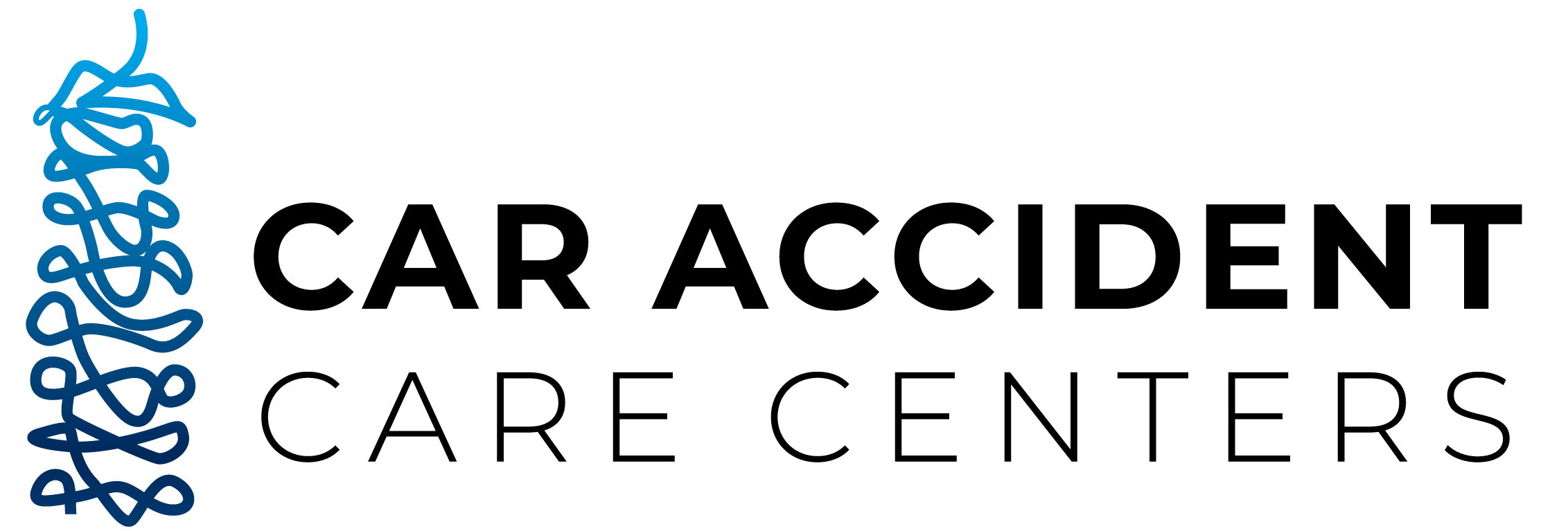Auto accidents are often jarring experiences, leaving victims with a range of injuries. While fractures and bruises are immediately visible, there’s a hidden danger that can be equally serious: concussions. In this blog, we’ll delve into the seriousness of concussions after an auto accident and outline the appropriate steps to take in seeking medical treatment and recovery.
The Stealthy Threat of Concussions:
1. What is a Concussion?
A concussion is a traumatic brain injury (TBI) that occurs when a sudden blow or jolt to the head or body causes the brain to move within the skull. This movement can result in various symptoms and cognitive impairments, even if there are no visible signs of injury.
2. Recognizing the Symptoms:
Concussion symptoms may not be immediately apparent after an auto accident. They can manifest hours or even days later. Common symptoms include:
– Headache or pressure in the head
– Dizziness or loss of balance
– Nausea or vomiting
– Confusion or memory problems
– Sensitivity to light or noise
– Fatigue or difficulty concentrating
– Mood changes, such as irritability or depression
3. The Importance of Prompt Treatment:
Concussions are not to be taken lightly. If left untreated, they can lead to long-term cognitive and emotional issues. Seeking prompt medical attention is crucial to assess the severity of the concussion and initiate proper treatment.
Steps to Take After an Auto Accident:
1. Assess Your Condition:
After an auto accident, take a moment to assess your overall well-being. If you experience any symptoms mentioned above or suspect a head injury, it’s vital to seek medical help immediately.
2. Seek Medical Evaluation:
In cases of suspected concussion, it’s crucial to seek medical evaluation promptly. While calling 911 is appropriate for life-threatening emergencies, for concussions or suspected head injuries, consider visiting an urgent care facility or contacting your healthcare provider.
3. Follow Medical Advice:
Once diagnosed with a concussion, follow your healthcare provider’s advice diligently. This may include rest, limiting screen time, and avoiding physically demanding activities until you’ve fully recovered.
4. Monitor Symptoms:
Keep a close eye on your symptoms and report any changes or worsening conditions to your healthcare provider. Concussion recovery varies from person to person, so it’s essential to communicate your progress.
5. Rest and Recovery:
Rest is a critical component of concussion recovery. Allow your brain the time it needs to heal, both physically and cognitively. This may mean taking time off work or adjusting your daily routine.
6. Avoid Second Impact Syndrome:
A second concussion shortly after the first, known as second impact syndrome, can be extremely dangerous. Ensure you are fully cleared by a medical professional before returning to strenuous activities or contact sports.

